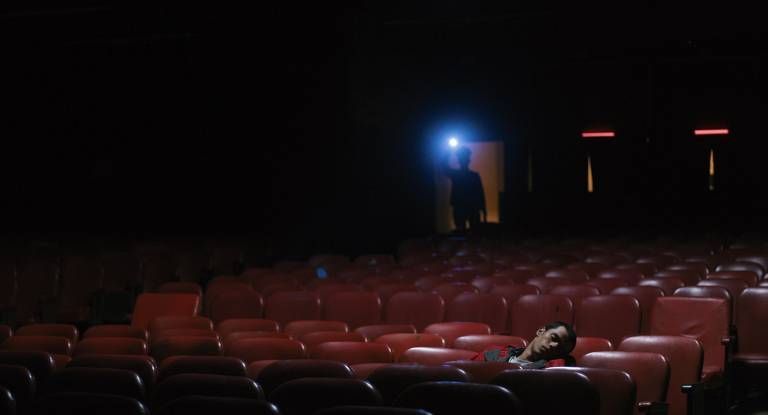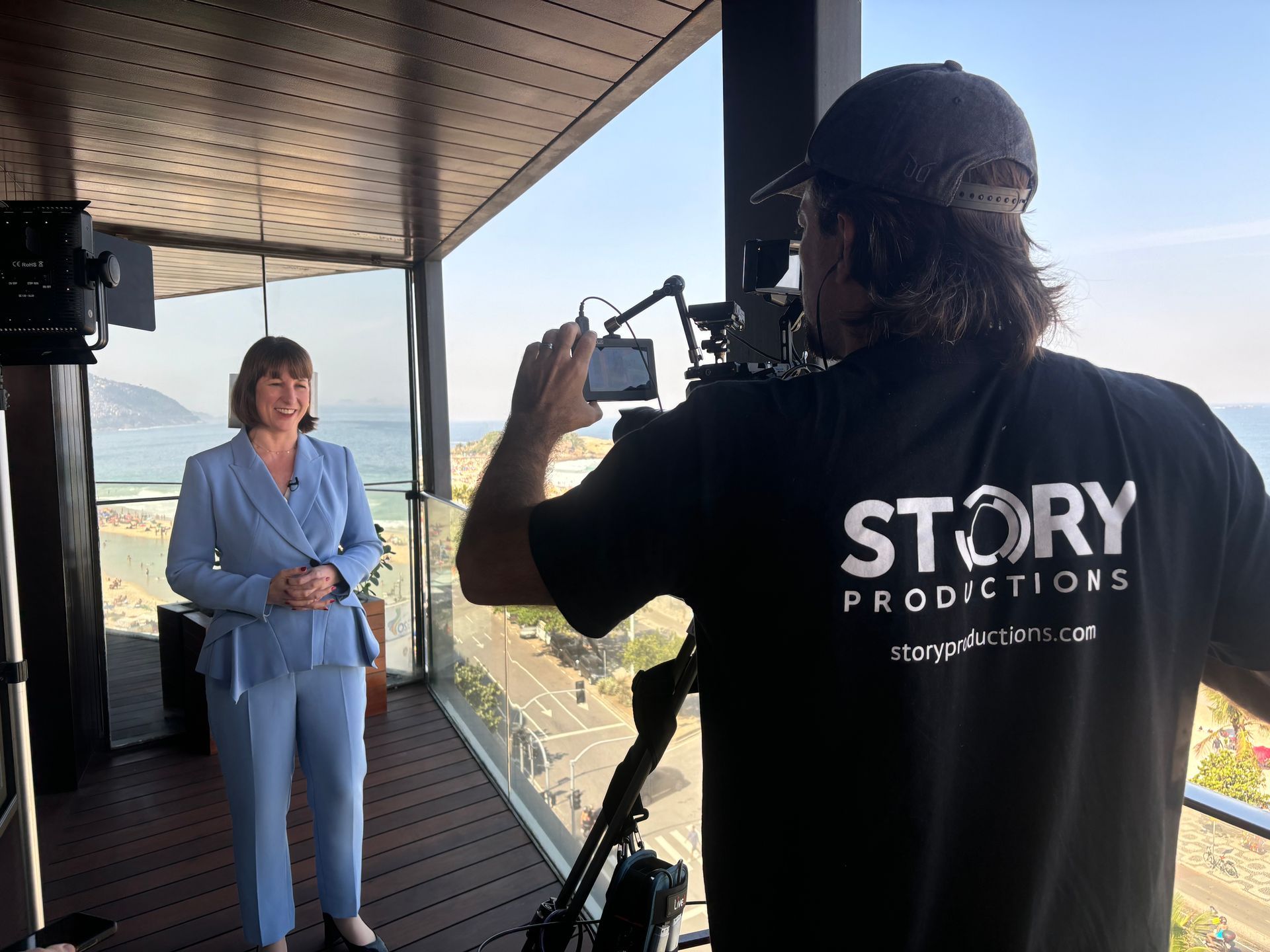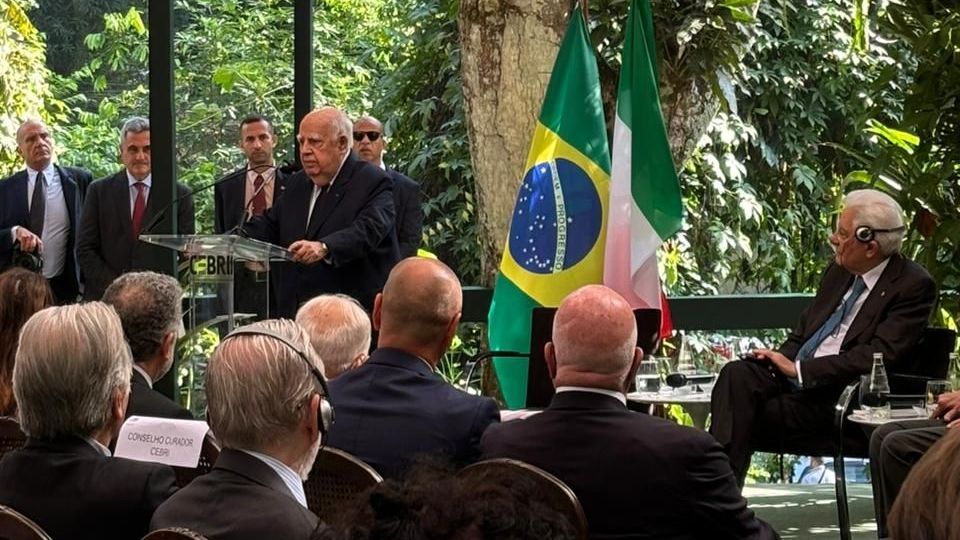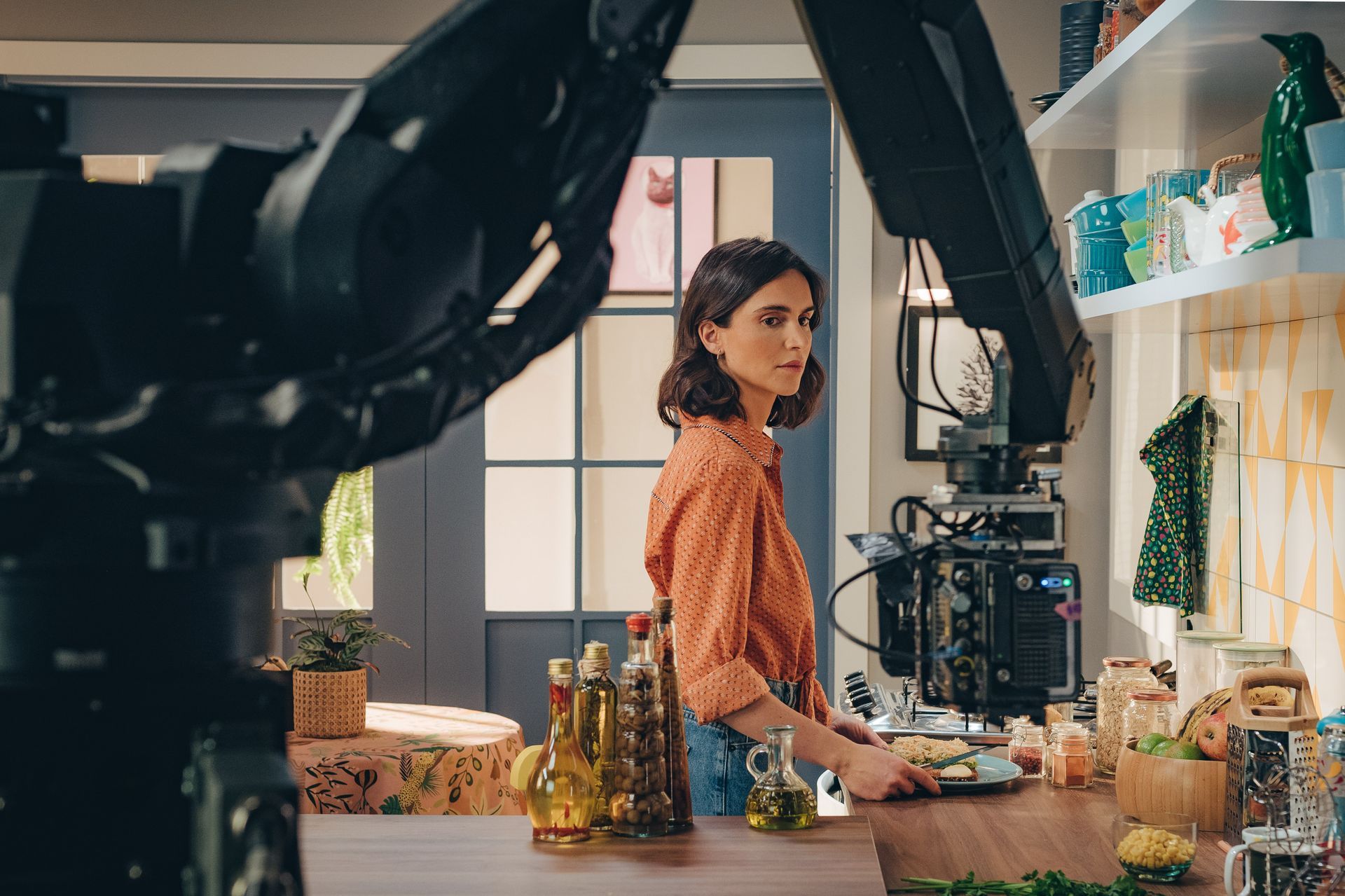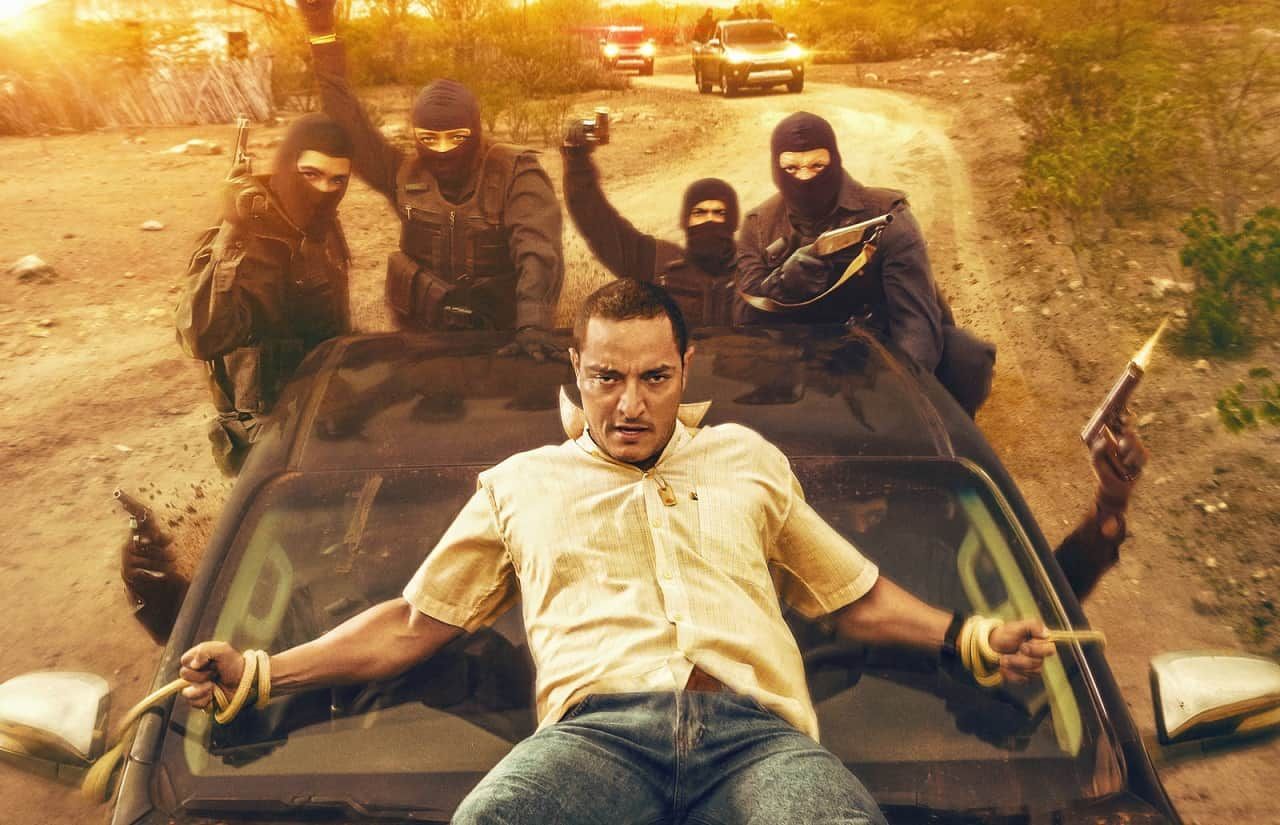Meeting Kirsten Schneid, coordinator of the Prix Jeunesse International
Set to be held in Munich from June 10 to 15, the Prix Jeunesse International Festival has been bringing together the creators of quality children’s TV programmes for almost 60 years. Created in 1964, the Festival has a very personal vibe, aiming at showing the diversity of worldwide productions - while also committed to sharing the the knowledge of what it takes to create the best programmes for kids.
A few months before the Prix Jeunesse International Festival 2022, we had the honour to discuss the ecosystem of TV programmes for children with Kirsten Schneid, who has been coordinating the Festival and the Prix Jeunesse International for the past 27 year:
What does the 2022 selection of the Prix Jeunesse International look like?
As usual, the films coming from Scandinavia are very high-level and might well gain them more awards – they have already won so many throughout the years!
Japanese directors also submit really high-quality and sophisticated stories in which they show their respect and admiration for children by addressing their very specific intelligence.
For the past few years, we have also been receiving a lot of documentaries from the Netherlands. It seems like it has become some sort of specialty for them...
Regarding the Latam selection, I have the feeling that Columbia especially has accomplished a huge leap and made a lot of progress in a few years.
We are a very inclusive festival and in the final round we are committed to present a wide range of projects coming from a good number of countries. We are also super democratic because in the finals there's no jury and every delegate can vote.
My passion is about bringing together creative people from every part of the world, have them spend time together and see what comes out of it...
What does it take to make a quality TV programme for kids?
To communicate accurately with children, one should have an idea of their mindset and most of all respect it. It's important to feel close to the targeted audience to better serve them! This year, we received applications from a lot of series productions – maybe because with the pandemic there is a need for entertainment...
But be it documentary or TV report or series, it's not a matter of format but of “how to”. I think the best directors are the ones who are able to talk to kids on eye-level, and both respect them and be fascinated by them. This is what puts you in the position to tell the best stories to children, stories which make them stronger, and from which they will be able to draw lessons for their own life.
One of my favourite “niche” movies is The Boy, The Slum, The Pan’s Lids, a Brazilian short film made by Subbha Das Mollick in 1996. It's a very simple story about the strength and determination of a little boy who goes fully misunderstood by others. It's an emotional journey, clever, warm, entertaining, with lots of love and a beautiful ending!
What about the research at The Prix Jeunesse International and the training sessions?
This year the Prix Jeunesse International Foundation is working on the theme of “Sound and Music”. After gender, identity, the emotions of fear or vulnerability, we try to address every subject that could matter to children.
There has been a lot of research done about the different age groups, and these days we have a lot more understanding than back in the old days of the Festival...
The Prix Jeunesse is also a workshop festival. We want people to go home with new ideas and new insights about how to make a quality programme for kids.
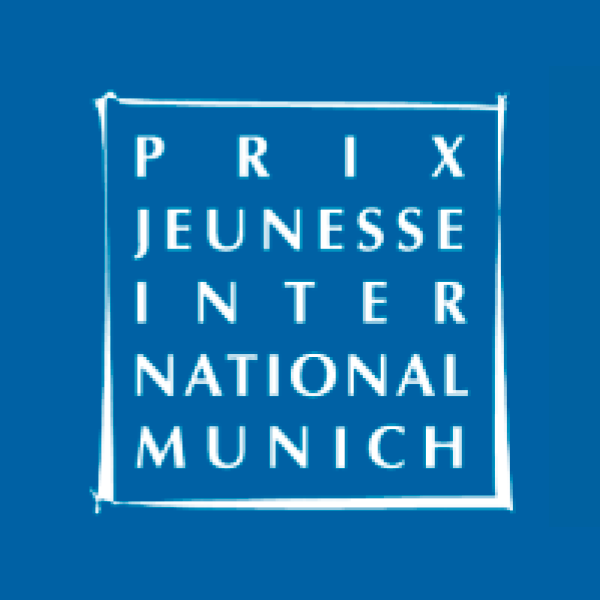
A special training concept is "Strong Stories for Strong Children": training TV makers to get in touch with their own inner child and understand how to tell stories that empower children and promote their resilience.
During four training sessions, we teach people how to get in touch with their inner child!
The “Prix Jeunesse Suitcase” includes approximately 60 programmes shown at the Festival. For instance, we partner with the Goethe Institut to create “Suitcase Events” where a moderator will present the movies and give a workshop like a mini-simulation of the Festival for professionals, broadcasters, journalists, students, parents and children - or anyone wishing to learn - though this activity is currently on pause due to the coronavirus.
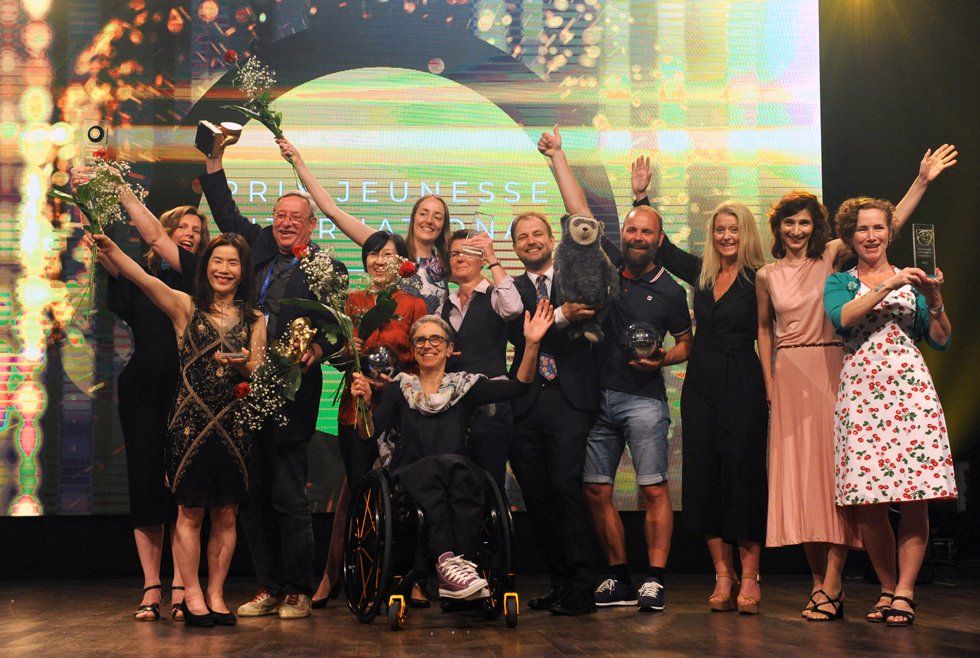
Share this story:
Get the latest news straight into your inbox!
Contact Us
Read another story
